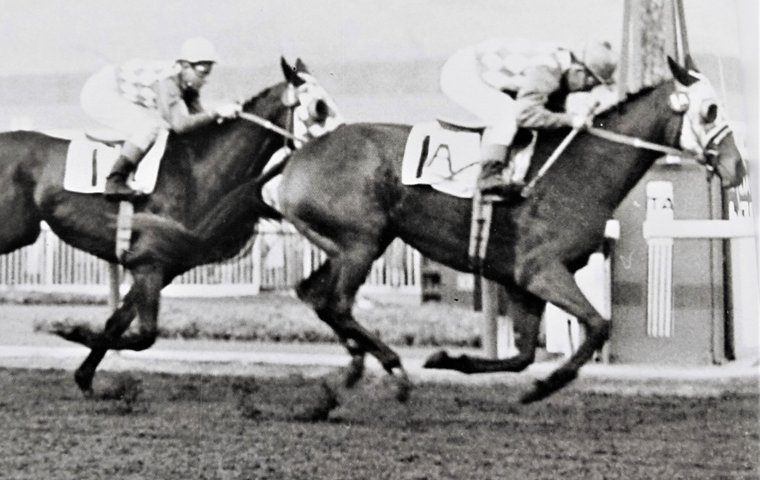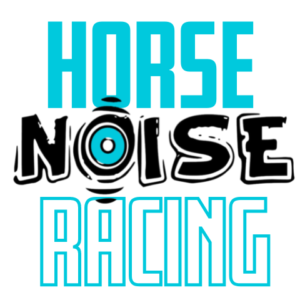A horse race takes place approximately every ten minutes somewhere across the planet. If you are prepared to pay for the privilege, a punter can access live streams of almost all of these races as they are being run and bet on them.
Of course, all punters have to rest at some point, and sleep revitalizes the brain to ready itself for the next batch of races. Of course, the main antagonists in these multiple daily race meetings across the globe are the horses, and they are all bred at different Stud Farms, with all of them having different histories with regard to their breeding lineage.
How do I Find my Racehorses’ History – Thoroughbreds are known to have lip tattoos, and although the tattoos become more challenging to read as the horse matures, they serve as a way of identification which will allow the owner to access the horse’s family. Some horses may be branded with a farm tattoo rather than a particular set of characters which will direct the owner to the horse’s breeder and provide information about its genealogy. A microchip is sometimes implanted in a horse, but these will need the use of a specialized scanner to find and read. In certain situations, DNA testing may also assist in identifying the horse’s father and dam. This may be critical information in determining the horse’s lineage.

Searching for a horse’s name on the breeders’ registration website is another way to access the horse’s history. The information available usually includes a picture, the names of current or former owners, the horse’s lineage and the Breeders Stud Farm details.
Knowing a horse’s lineage will assist a prospective owner in purchasing either full or part ownership of a horse. However, having parents that were champions is not the be-all and end-all of purchasing a racehorse. A good horse is much more than an attractive pedigree, and indeed, many ex-racehorses who were excellent on the track might not produce exceptional children, and much depends on which mare that horse is bred with to try and find that champion.
Historical Form of the Parents of a Yearling
Horse Racing takes place daily from records of a horse’s performance in previous races and is often seen as an accurate predictor of a horse’s future success. However, the best racehorses do not always produce the best children, and Stud Farms will pour over statistics daily to try and find that elusive formula to breed the ultimate champion.
To the untrained eye, the historical form of a racehorse may seem like a random collection of numbers, but this is the section of the racecard where most horse racing tipsters and analysts at Stud Farms spend the most time. A horse’s official Rating is the handicap mark. This mark indicates how much weight a horse will carry with handicaps.
Form Study has become Digital
Like many other sports, horse racing has gone digital, and you can now watch races online from wherever you are, making it a more accessible sport than before. Until around five or ten years ago, the only way to see a race was to go to the racecourse. You may now use your laptop or smart television to operate a virtual totalisator (TAB). It would be advantageous if you had a high-speed fiber connection and an account with the TAB and Bookmaker, and you could gamble on a race while viewing it live.
Social media have considerably eased a punter’s life. Several online form study publications have made form research more accessible to experienced punters and horse racing experts. The information’s value stems from its breadth and complexity, which allows punters to weigh many factors and evaluate whether or not a good betting opportunity exists. Stud Forms will utilize this information when studying the form of horses that have retired from Horse Racing but that a particular Stud Farm would like to purchase to breed with their Mares on the Farm
Primary Duties of a Stud Farm’s Horse Racing Analyst
- Preparation of historical ratings, as well as pre-and post-race rating analyses for international thoroughbred racing
- Racing studies and history race analysis for the horses presently being considered to be purchased.
- Form/Rating analysis and access to historical data for horses’ form and ratings in a race.
- Preparation of race views pertains to pace and pacemakers and associated analyses.
- Race form analysis, including pre-and post-race analysis, as well as associated analytical ability to “read a race,” such as analyzing race videos and writing horse remarks/race summaries and video comments
- The use of sectional time analysis. Sectional Timing provides in-race speed statistics per runner during a race, enabling intriguing storylines to emerge even before the horses cross the finish line, with the data analyzing how a race is run rather than simply the outcome.
A Horses’ Lineage – Practical Tips for Prospective Owners
- If a horse has a lit tattoo, instead of trying to read the tattoo while holding back the horse’s top lip, many individuals choose to hold the lip and photograph it. They may read the characters at leisure without worrying about a wiggling horse.
- All Stud Farms will keep extensive records of all the horses they have bred. If the horse was previously registered, a breeding group or Stud Farm might be able to assist in reissuing the horse’s registration papers. Specific breeding organizations charge a fee for this service.
Lineage is Important, but the thrill of owning a Horse is the Ultimate Thrill
An old adage within the horse racing fraternity is that horses do not know their price. Many owners will only acquire horses with a certain pedigree, and others only want to own a racehorse. No matter which side an owner is drawn to, the thrill of owning a horse always trumps the lineage.
If that horse wins races and becomes an equine superstar in the process, the thrill of all those wins will be unparalleled in an owner’s life. Of course, the upside of owning a thoroughbred superstar will be that once their racing career has ended, a Stud Farm will buy that superstar and breed with them, and the circle will be complete.

